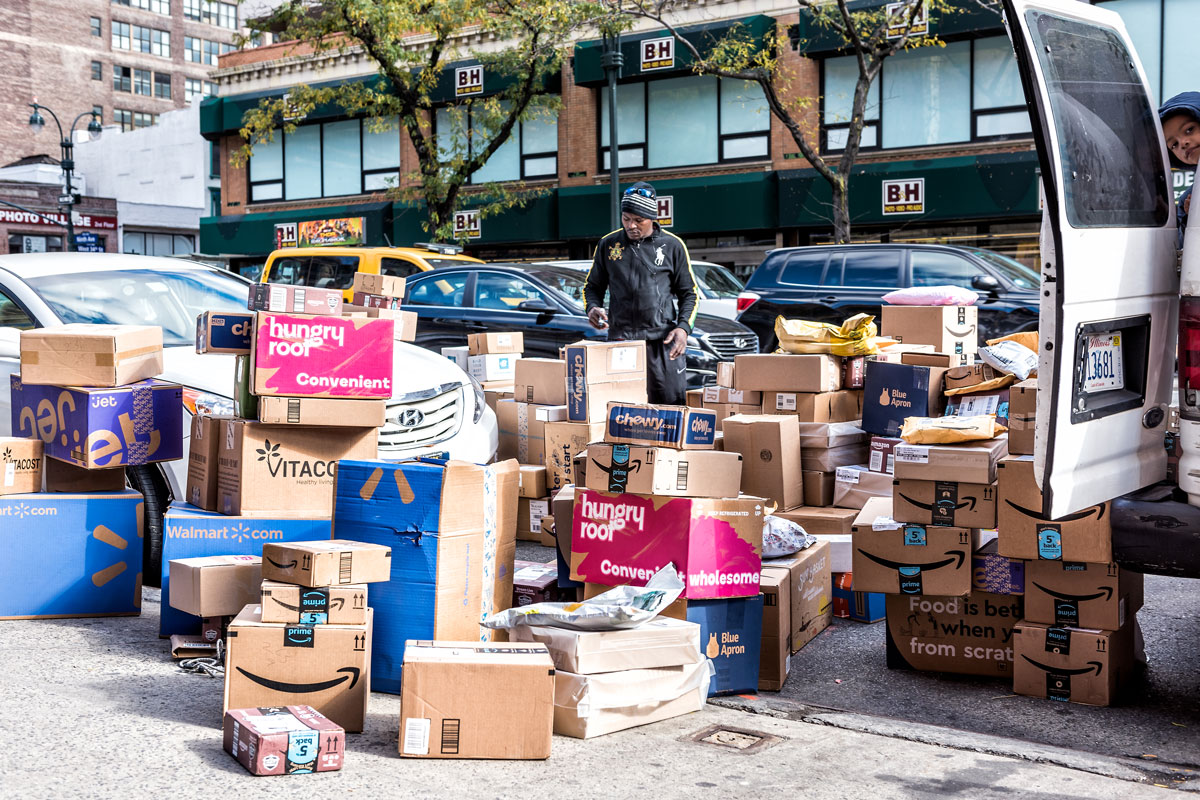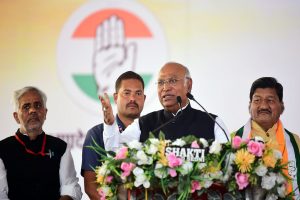As the Centre has allowed the operations of some shops and e-commerce firms to let them sell essential items as part of the easing of lockdown restrictions, e-commerce firms Amazon and Flipkart on Saturday have asked the authorities to also let them sell non-essential items so that the people confined at their homes can be benefited by getting what they need, apart from just the essentials.
The online shopping platforms emphasised that e-commerce offers the safest way to reach out to consumers while maintaining social distancing amid lockdown, and said that people need these products as it’s been a long stretch of days under lockdown.
News agency IANS quoted an Amazon India spokesperson as saying that e-commerce offers the safest way for sellers and retailers to serve the needs of citizens while ensuring social distancing.
“We are committed to keep citizens safe and urge the government to enable e-commerce to play its role in the joint fight against the pandemic by allowing the supply of all goods that people need over a prolonged period,” said the company spokesperson.
Flipkart said in a statement, “E-commerce can also support in easing the burden of piled up inventory of MSMEs and help in the delivery of these products to consumers in a safe and secure way while following the robust safety SOPs.”
Flipkart said that they welcome the government’s decision of providing gradual relaxations in retail and hope for the safety and security of all stakeholders.
The Ministry of Home Affairs in a late night order on Friday had announced a new set of relaxations as part of the easing of lockdown restrictions announced on April 15.
All shops in residential areas and neighbourhood markets will be open.
In rural and semi-rural areas, all shops and markets that are registered can open. Non-essentials can be sold in all kinds of shops.
In urban areas, only standalone shops and residential shops can open. Non-essential goods can be sold provided the shop is in a residential area or is a standalone shop.
Market complexes, except those within the limits of municipal corporations and municipalities, are allowed to open.
In the latest order, all neighbourhood shops, standalone shops, and shops in residential complexes, within the limits of municipal corporations and all shops, except those in malls, outside the municipal limits have been allowed to operate.
The MHA on Saturday made a clarification. It said, “It is clarified that sale by e-commerce companies will continue to be permitted for essential goods only.”
Industry body Nasscom and Internet and Mobile Association of India, as well as other e-commerce ShopClues and PayTm Mall have urged the government to expand the list of essential items to include products like laptops and routers in the list of essential items, to facilitate people working from home.
E-commerce firms were allowed to deliver non-essential goods since April 20. Their services were hindered after the central government imposed the first stage of nationwide lockdown for 21 days to combat the coronavirus pandemic.
Considering the role this sector plays in the economy, the government in a statement said, “Digital economy is critical to the services sector and is important for national growth. Accordingly, e-commerce operations, operations of IT and IT-enabled services, data and call centres for Government activities, and online teaching and distance learning are all permitted activities now.”
Amazon has more than 6 lakh sellers and a significant number of these sellers include micro-entrepreneurs as well as small and medium businesses as well as women sellers, artisans and weavers and many more.
Ever since the lockdown, as the whole country is shut down and people are confined to their homes, all businesses are not functioning apart from the one indulging in essential items only. The lockdown was imposed by the Centre on March 25 for 21 days which was later extended till May 3.











